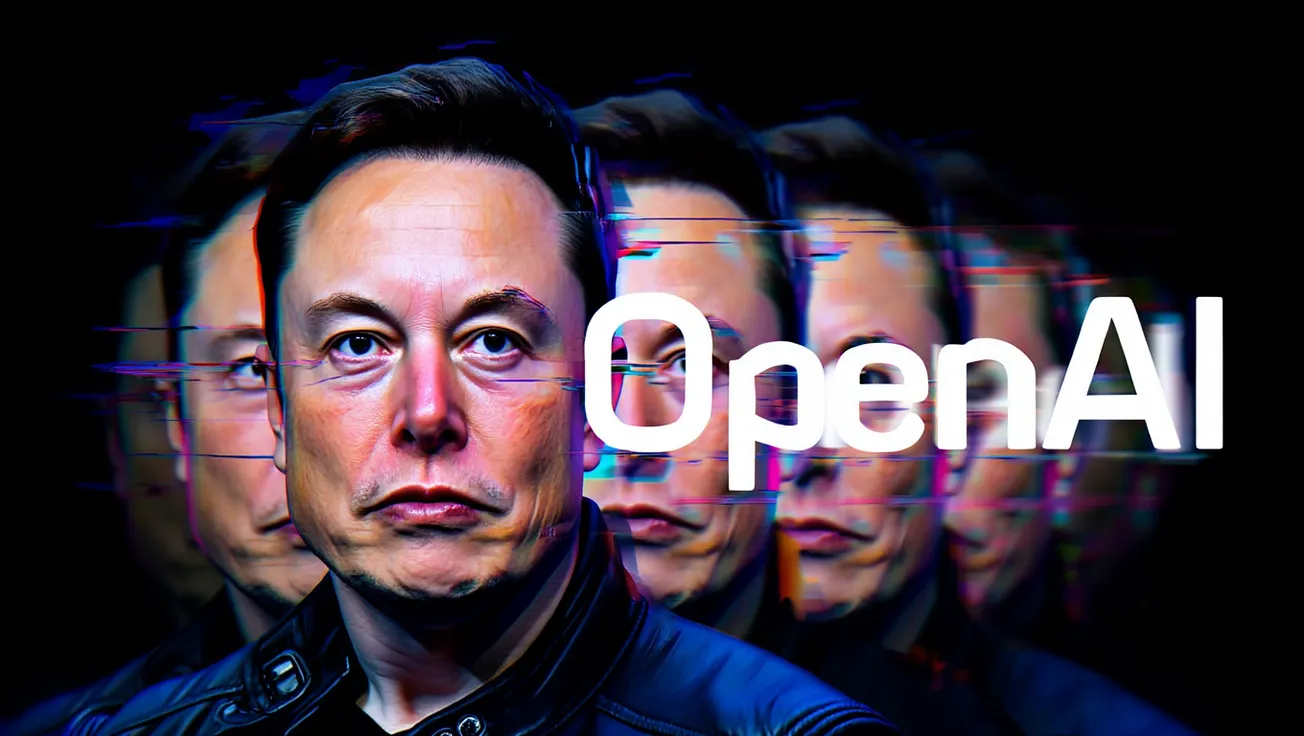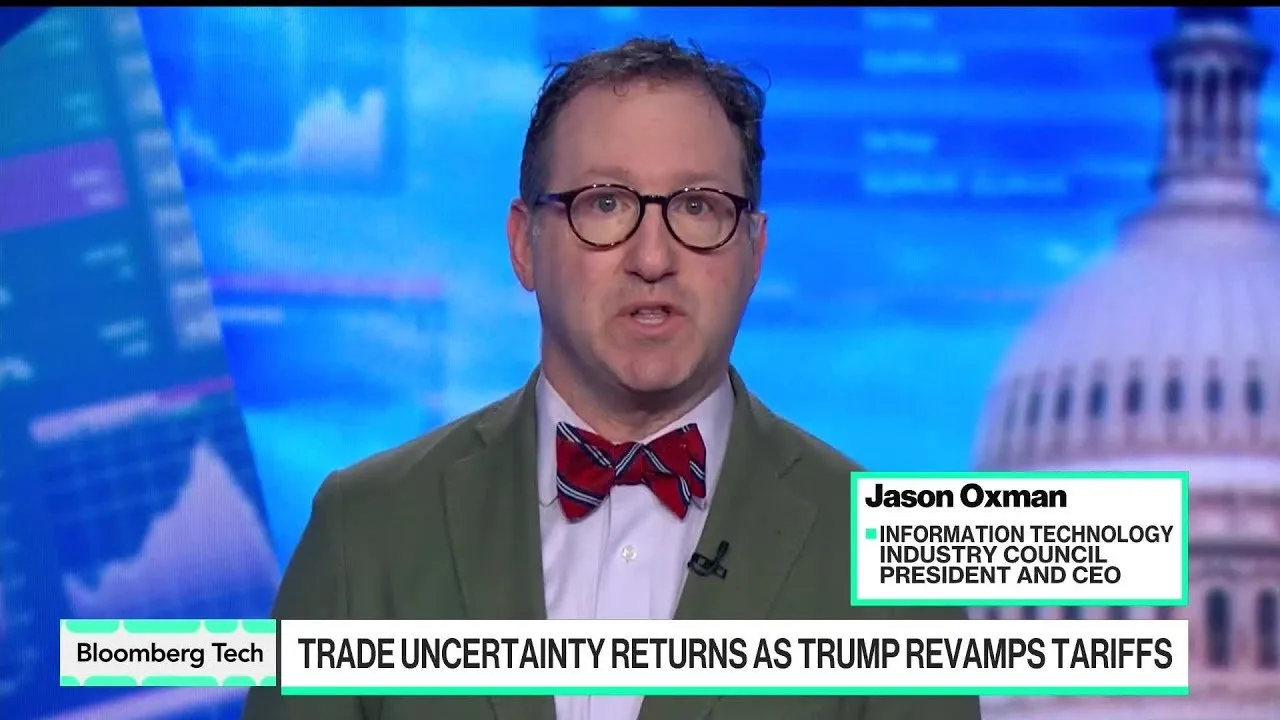Table of Contents
Key Takeaways
- A Clash of Titans: Elon Musk’s lawsuit against OpenAI accuses the company of abandoning its nonprofit mission, while OpenAI’s countersuit alleges Musk is attempting to destabilize the organization through harassment and bad-faith actions.
- Personal Rivalry Meets Industry Drama: Musk’s criticisms of OpenAI’s for-profit pivot and partnership with Microsoft are intertwined with his own ambitions in AI via his rival firm, xAI, launched in 2023.
- Implications Beyond the Courtroom: The legal battle raises fundamental questions about AI governance, corporate ethics, and how tech companies balance profit motives with societal responsibilities.
The Main Event
Let’s not mince words—this isn’t just a lawsuit; it’s a soap opera starring Elon Musk as the aggrieved genius and OpenAI as the prodigal child that dared to grow up without him. And like any good Silicon Valley drama, it’s dripping with ego, ambition, and enough legal jargon to keep an army of lawyers employed through 2026.
At its core, this is a story about power—who has it, who wants it, and who gets to decide the future of artificial intelligence. Musk, who co-founded OpenAI in 2015 with a starry-eyed vision of creating AGI for humanity’s benefit, left the organization in 2018 after losing a bid to take control. Since then, he’s been on a tear, accusing OpenAI of betraying its nonprofit roots and cozying up to Microsoft in a way that would make even Adam Smith blush.
But let’s not pretend Musk is some altruistic whistleblower here. His 2023 launch of xAI—a direct competitor to OpenAI—makes his motivations look less like righteous indignation and more like sour grapes. And if you’re wondering whether his $97.4 billion takeover bid for OpenAI earlier this year was genuine or just another chapter in his ongoing feud with CEO Sam Altman, well, let’s just say Altman didn’t buy it (literally or figuratively).
The Countersuit: OpenAI Fires Back
OpenAI isn’t taking this lying down. In its countersuit, the company accuses Musk of orchestrating a campaign of harassment designed to undermine its operations. The filing reads like a greatest hits album of Silicon Valley pettiness: press attacks, frivolous legal claims, and even a “fraudulent” takeover offer that OpenAI says was never meant to succeed.
Sam Altman and his team argue that Musk’s actions are less about saving humanity from rogue AI and more about settling old scores—and maybe kneecapping a competitor while he’s at it. According to OpenAI, Musk’s antics have already caused significant harm to its reputation and could jeopardize its partnerships if left unchecked.
Why This Matters
This isn’t just a billionaire slap fight—though it certainly has all the hallmarks of one. The outcome of this legal battle could set important precedents for how AI companies operate in an industry where the stakes couldn’t be higher.
If Musk wins his case, it could force stricter oversight on how organizations like OpenAI transition from nonprofit to for-profit models—a move that critics argue is necessary to prevent conflicts of interest when dealing with world-changing technologies like AGI. On the flip side, if OpenAI prevails, it could solidify the tech industry’s ability to adapt its business models without being held hostage by past donors or co-founders.
And let’s not forget the broader implications for AI governance. This case raises thorny questions about who gets to control AGI development and how we ensure these technologies serve humanity rather than just enriching a handful of tech moguls.
If there’s one thing I’ve learned from covering Silicon Valley for three decades, it’s that money talks—and it usually says something self-serving. Both Musk and OpenAI claim they’re fighting for humanity’s future, but let’s not kid ourselves: this is as much about ego as ethics.
Musk may have legitimate concerns about AI governance (and let’s be honest, he loves playing the Cassandra role), but his actions reek of opportunism. Meanwhile, OpenAI isn’t exactly covering itself in glory either; its pivot to a for-profit model raises valid questions about whether it can stay true to its original mission.
In the end, this case is less about who wins or loses in court and more about what it reveals about Silicon Valley itself—a place where idealism often takes a backseat to ambition and where even “saving humanity” can become just another line item on a billionaire’s résumé.
So grab your popcorn; this one’s going to be messy. But hey, when has Silicon Valley ever been anything else?






